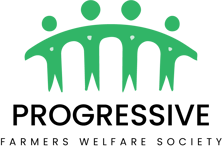Key Initiatives
At Progressive Farmers Welfare Society (PFWS), our efforts are rooted in the belief that sustainable agriculture is the pathway to rural prosperity. Since 2018, we have worked directly with farmers to promote organic farming, empower rural communities, and foster long-term environmental and economic resilience.
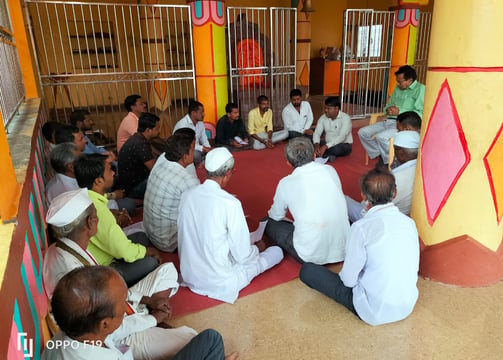

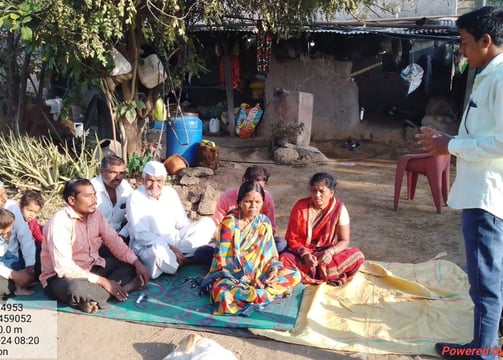

1. Farmer Mobilization
We have mobilized over 400 small and marginal farmers across villages in the Aurangabad district, bringing approximately 883 hectares under organic cultivation. Through the formation of Self-Help Groups (SHGs) and Farmer Interest Groups (FIGs), we’ve enabled collective action, peer learning, and stronger community-based institutions.
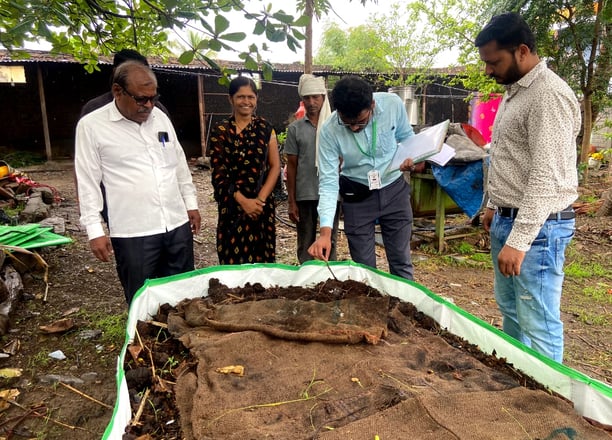

These sessions help farmers gain hands-on knowledge and practical skills essential for transitioning to sustainable farming.
Soil health management
Composting techniques
Organic input preparation (Jeevamrut, Beejamrut)
Water conservation practices
Natural pest and disease control
2. Capacity Building
We organize regular training programs, workshops, and exposure visits focused on
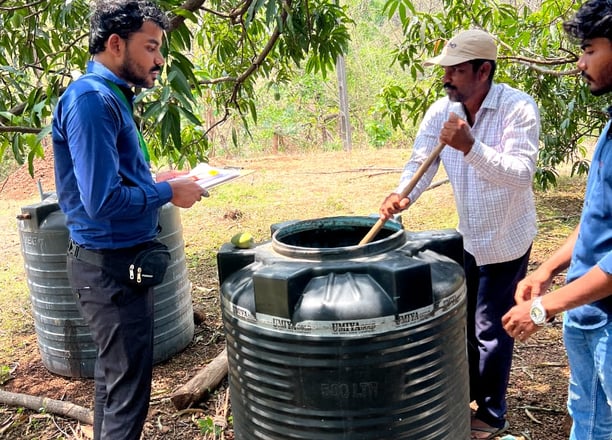

Personalized transition plans
Demonstration plots
Field-based mentoring and technical assistance
This ensures that farmers are never alone in their journey toward healthier, more resilient farming systems.
PFWS offers continuous on-field support to help farmers shift from chemical-based to organic agriculture. We provide:
3. Organic Transition Support
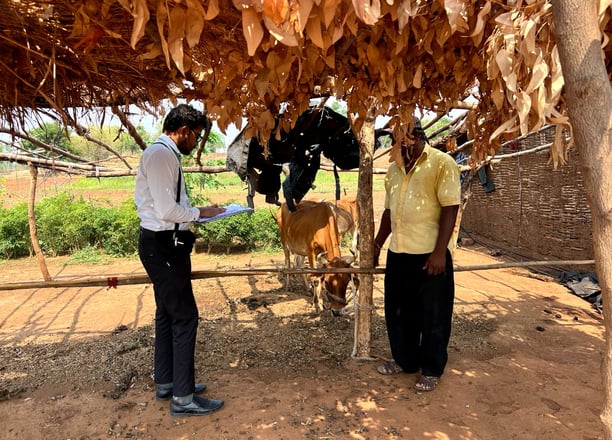

Our support includes:
Internal inspections
Documentation management
Mock audits
Audit readiness and compliance guidance
Participatory Guarantee System (PGS) certification
Third-party organic certification under NPOP standards
4. Certification Facilitation
We assist farmers in obtaining:
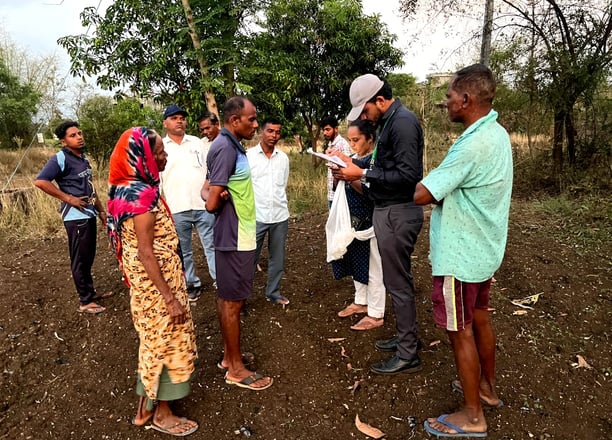

Connecting them to organic buyers, local mandis, and institutional markets
Facilitating grading, sorting, packaging, and branding
Supporting direct-to-market models for fair and timely payments
This ensures their hard work results in meaningful income improvements.
PFWS helps farmers earn better returns by:
5. Market Linkage & Value Addition
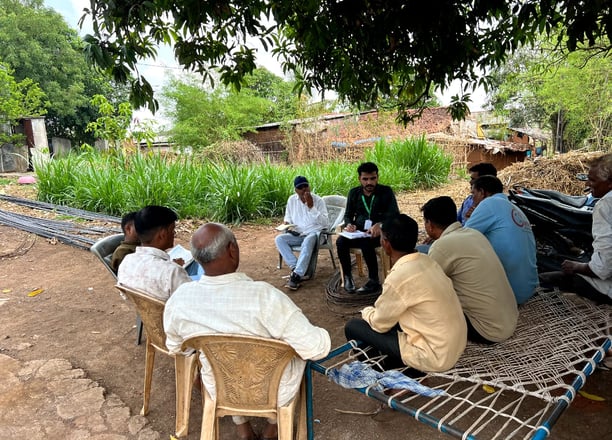

These practices reduce dependency on synthetic chemicals and protect biodiversity.Internal inspections
Biopesticides
Neem extracts
Natural predators (e.g., ladybugs, wasps)
6. Pest & Disease Management
We train farmers in Integrated Pest Management (IPM) and encourage eco-friendly alternatives like:
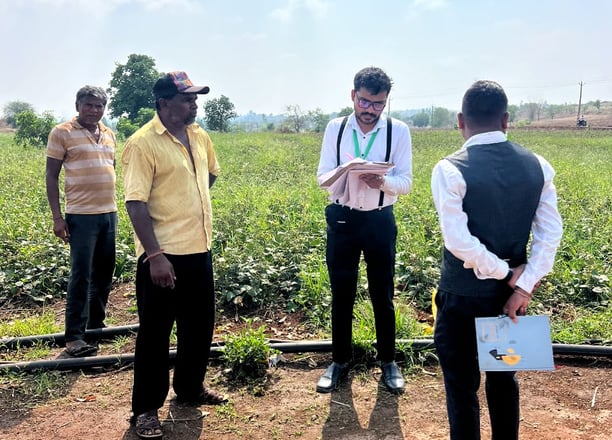

Creating farmer-specific documentation systems
Training farmers in record-keeping and audit preparation
Maintaining compliance with organic standards
This strengthens consumer trust and farmer credibility in the organic value chain.
We help build a culture of transparency and traceability by:
7. Documentation & Compliance
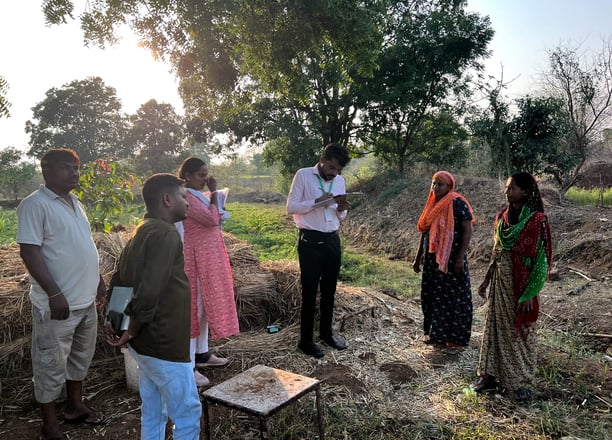

Improved farmer incomes
Enhanced soil health and biodiversity
Increased awareness and knowledge on sustainable farming
Empowered rural communities with self-reliant systems
8. Visible Impact
Our initiatives have led to:
Empowerment
Supporting small farmers through sustainable practices.
Contact
0240-6651807
© 2025. All rights reserved.
